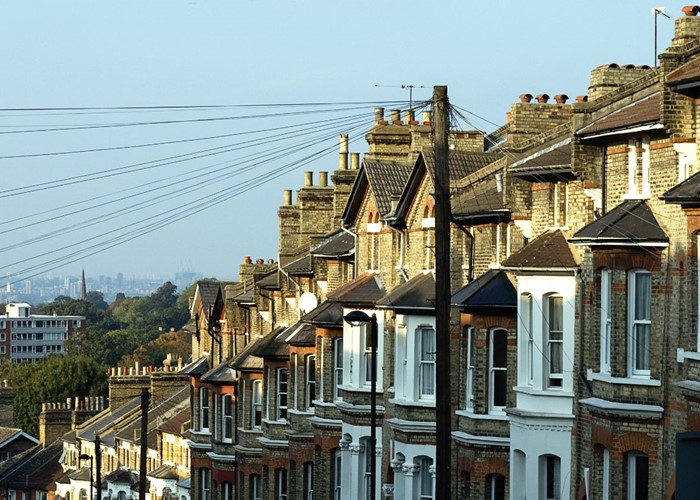Six million homes at risk

Many homeowners don't have any form of financial protection product, and they're potentially putting their properties in peril.
New research has suggested as many as six million homes are at risk as a result of the owners failing to take out any form of financial protection.
The study from Friends Life found that over half of mortgaged residential homes in the UK are not protected by any form of protection insurance – things such as life insurance, critical illness cover and income protection insurance.
As a result, should the property owner die or become so ill that they can no longer work, there is no insurance policy to fall back on. That leaves a big question mark over exactly how the outstanding mortgage would be paid, putting the homeowners at risk of falling into significant arrears and even having their home repossessed.
Protection by place
Some areas of the UK are more likely to have put some protection in place than others, as the table below demonstrates
|
Region |
Percentage of mortgage payers with protection in place |
|
Northern Ireland |
62% |
|
Scotland |
50.8% |
|
East Midlands |
46.4% |
|
South East |
45.8% |
|
Wales |
45.8% |
|
North East |
44.2% |
|
East of England |
43.9% |
|
Yorkshire & Humber |
43.2% |
|
West Midlands |
42.7% |
|
South West |
42.6% |
|
North West |
36.5% |
|
London |
33.7% |
So while more than half of mortgage holders in Northern Ireland and Scotland have taken precautions in case the worst happens, just a third of Londoners have done the same. And not many more of those in the North West have arranged protection.
So what are the products they should be considering?
Life insurance
Life insurance is the most popular form of protection, though still just two in five mortgage holders have a policy.
It’s absolutely essential if you have anyone (such as a spouse or partner) that would be left worse off financially if you were to die suddenly.
Life insurance is there to pay out to your loved ones should you pass away during the term of your policy. It comes in a number of different forms, but the main two are level term assurance and decreasing term assurance.
With level term assurance, the payout you get remains the same no matter when you die during the term. So for example if you take out a £150,000 policy over a 25-year term, it doesn’t matter if you die in year two or 22, your loved ones will get the full £150,000 payout.
Then there’s decreasing term assurance. As the name suggests, this policy pays a decreasing amount over the term of the policy. So with a £150,000 policy over a 25-year term, you’ll get less if you die in year 22 than if you die in year two. These policies tend to be particularly popular with mortgage holders, as the payout reduces alongside their outstanding mortgage debt. Decreasing term assurance policies also tend to be cheaper.
For more, read How to get the best life insurance policy.
Get a free life insurance quote
Critical illness cover
Critical illness tends to be sold alongside life insurance. It’s a form of insurance that pays out should you be diagnosed with a serious illness, such as cancer, or if you suffer a stroke.
Just 14% of mortgage holders also have critical illness cover, leaving them potentially exposed should they fall ill.
It’s worth bearing in mind that all policies are different, and may cover slightly different illnesses, so be sure to read the small print before signing up to a critical illness policy.
Get a free life insurance quote
Income protection
What if you are suddenly unable to work due to sickness or injury, but not as a result of a critical illness? Perhaps because you hurt your back or develop stress. If you want to cover yourself for all eventualities then an income protection policy may be your best bet.
It’s the least popular form of protection, with just 7% of mortgage holders taking out a policy.
Income protection will payout a percentage of your earnings, tax free. This payout may be anything up to 70% of your usual salary.
The policy doesn’t pay out immediately. You’ll generally have to wait a certain period before you can put in a claim, which can be anything up to a year. The longer the deferral period you sign up for, the cheaper your premiums will be, but bear in mind that this may cause problems if you can't work for any reason and you need money in a hurry.
Again, the exact definition of being unable to work may vary by policy, so be sure to research exactly what your policy will cover.
You can also buy short-term income protection insurance to protect yourself against redundancy. However, you should again bear in mind you'll need to have been paying premiums for a while before you can claim. And this type of insurance generally only pays out for a limited period.
Get a free life insurance quote
More on insurance:
Comments
Be the first to comment
Do you want to comment on this article? You need to be signed in for this feature